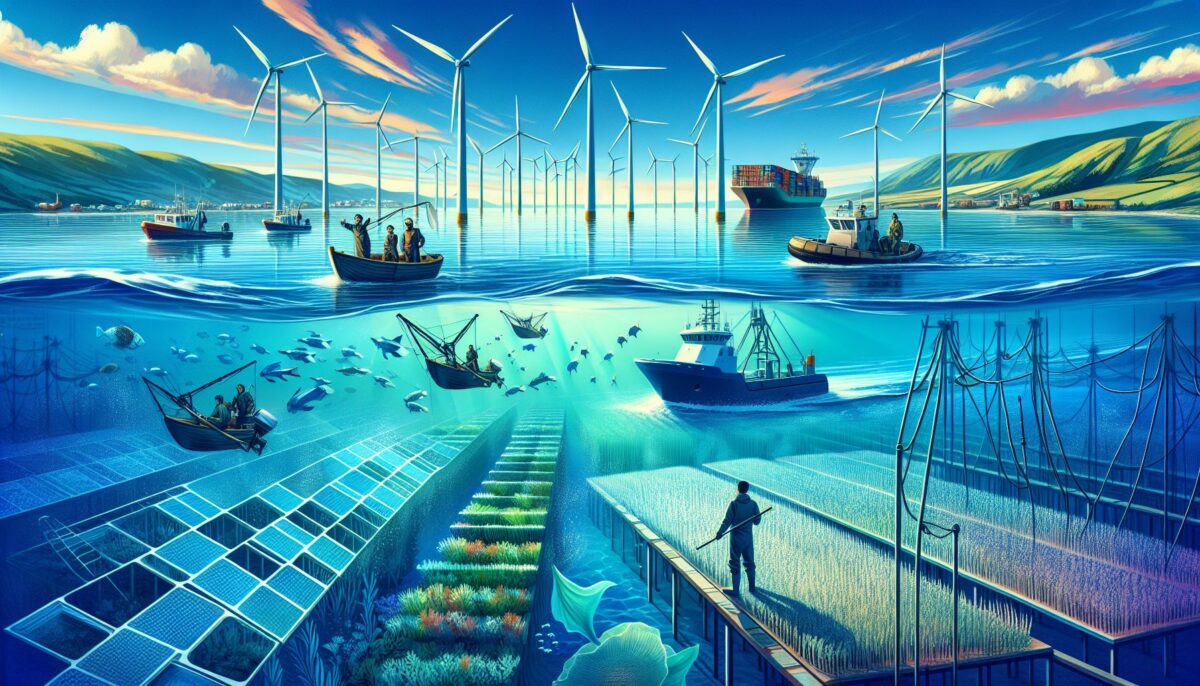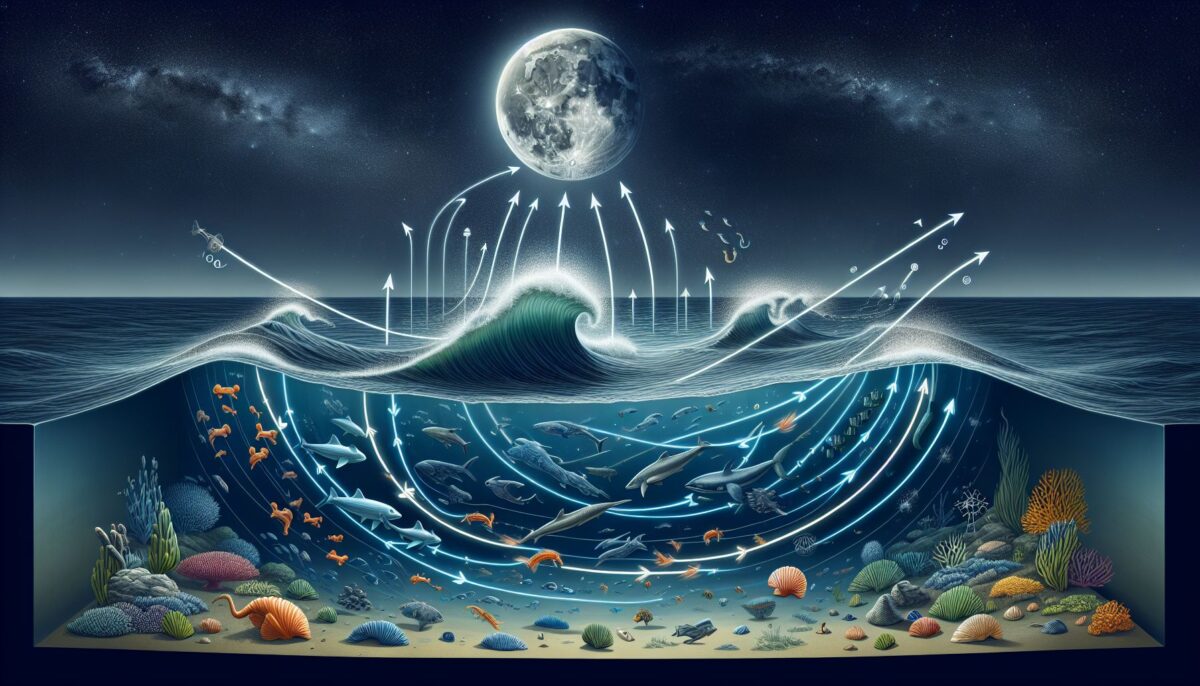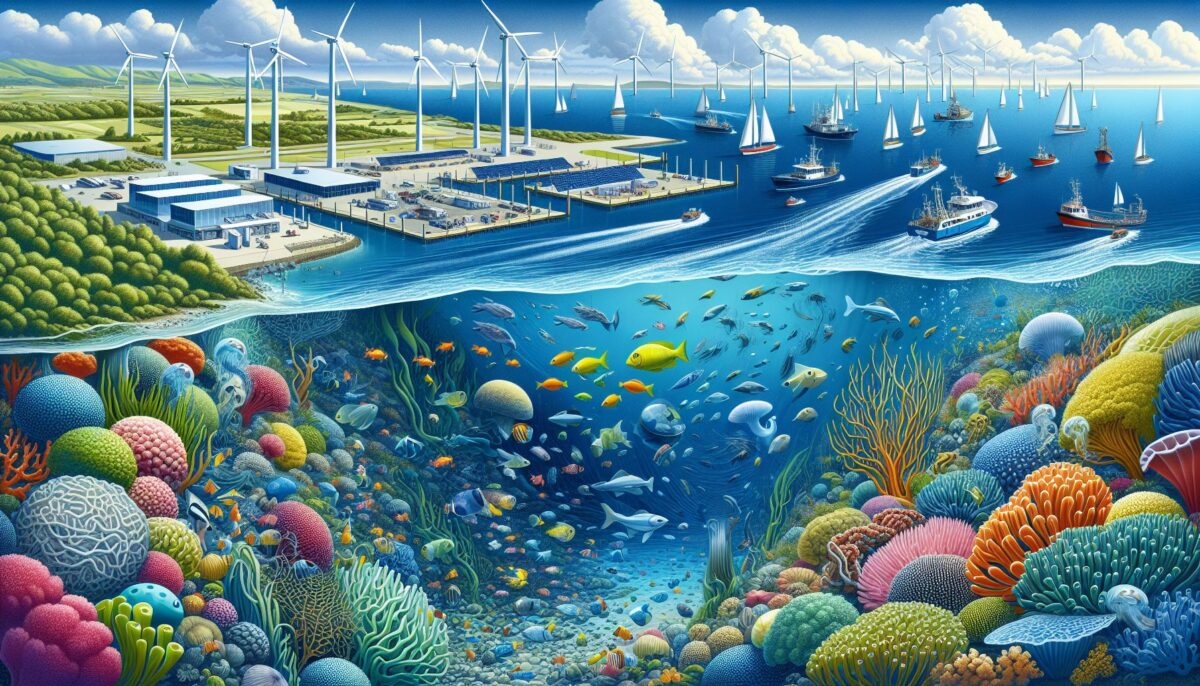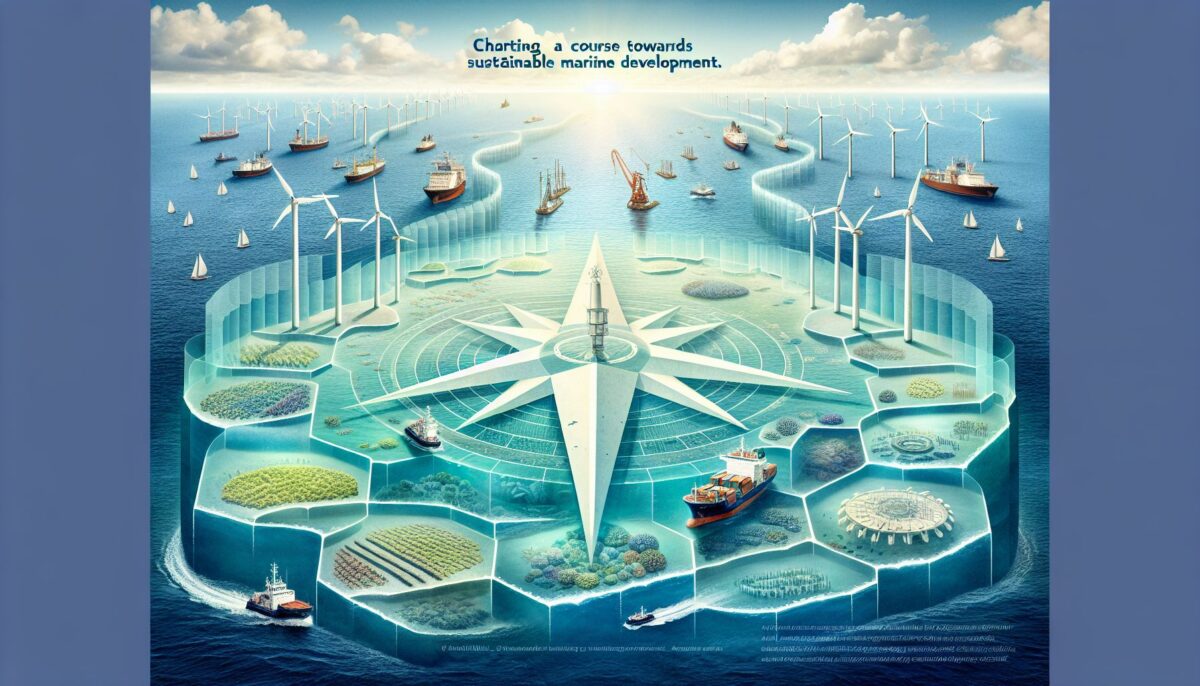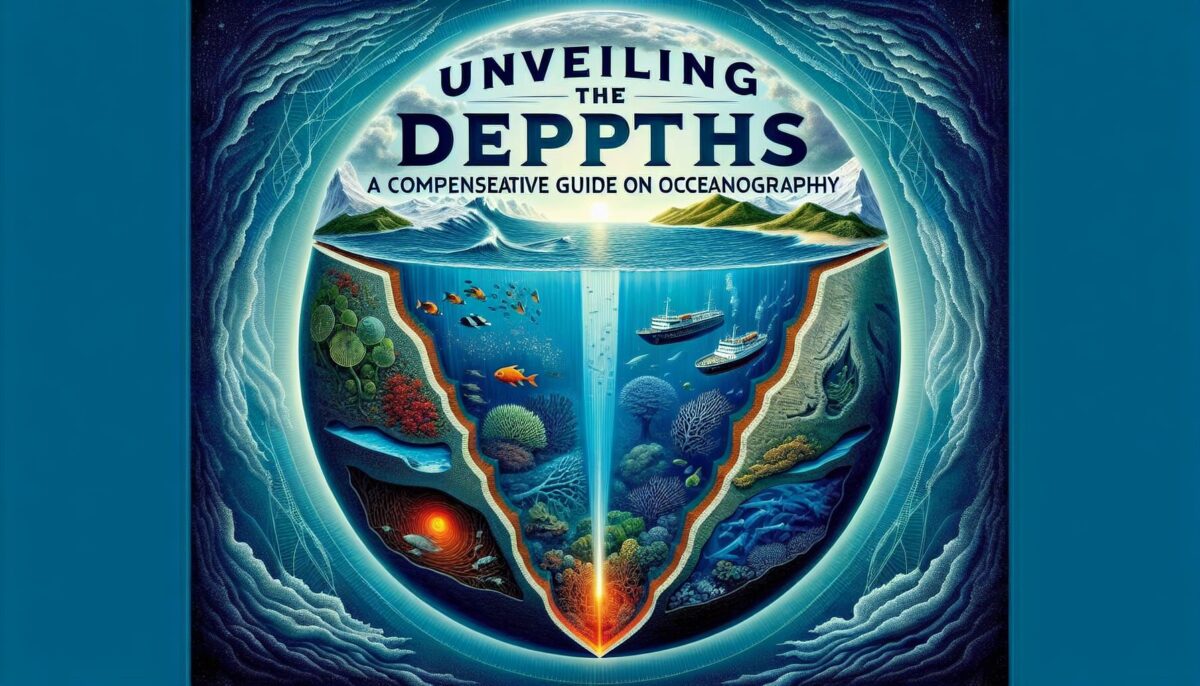Coastal Management: Strategies, Challenges, and Future Outlook
Coastal zones are crucial ecosystems that sustain a variety of marine life, control climate change, and provide livelihoods for millions of people worldwide. With increasing global populations and rising sea levels, the management and conservation of these delicate areas have become imperative. This article examines coastal management strategies, the challenges they face, and their future outlook.
Coastal management refers to the efforts made to control, protect, and preserve coastal areas from natural disasters and human exploitation. Through various strategies such as beach nourishment, dune regeneration, construction of sea defenses, and creation of marine protected areas, coastal management aims to balance economic development with conservation.
A prime strategy for coastal management is the establishment of Marine Protected Areas (MPAs). MPAs are designated regions where human activity is regulated to protect biodiversity. They play a vital role in preserving endangered species, safeguarding spawning grounds, and providing safe havens for marine life.
However, coastal management faces numerous challenges. Sea-level rise, a consequence of global warming, poses a significant threat. It exacerbates coastal erosion, increases the likelihood of storm surges, and intensifies the severity of floods. In addition, human activities such as overfishing, aquaculture, offshore drilling, and coastal constructions can damage these environments, threatening their biodiversity and resilience.
Moreover, finding the balance between marine preservation and the livelihoods of local communities can often be challenging. For instance, restrictions on fishing to protect marine life can conflict with the need for food and income of fishing communities.
Looking to the future, the focus on sustainability and the ‘blue economy’ is growing. The blue economy comprises of sustainable use of ocean resources for economic growth, job creation, and ocean ecosystem health. This approach will require innovative, holistic, and multi-disciplinary strategies that factor in economic growth, social inclusion, and preservation of the environment.
In conclusion, coastal management is crucial to address growing environmental and socio-economic challenges. Emphasizing the sustainable use of coastal and marine resources can foster a resilient blue economy while combating climate change impacts.
As a society, we are responsible for the sustainable management of coastal areas. Let’s all take ownership and participate in creating and maintaining healthy, thriving coasts for present and future generations.

